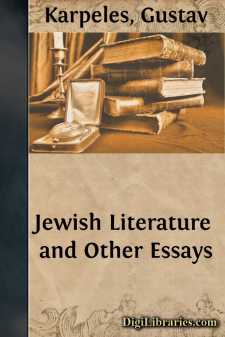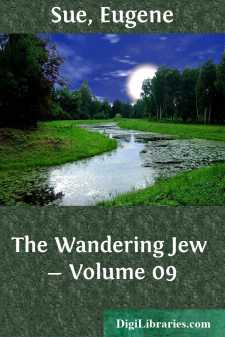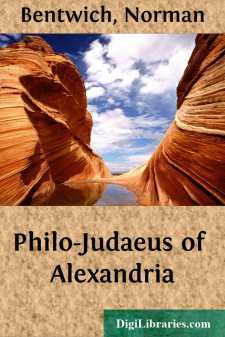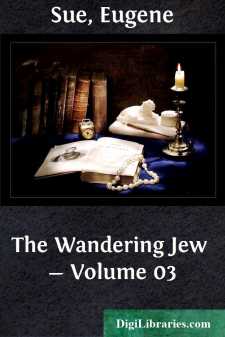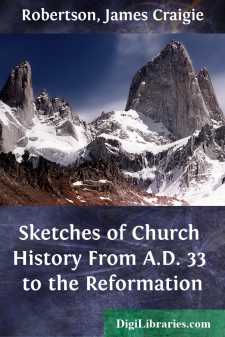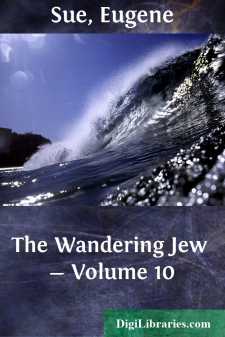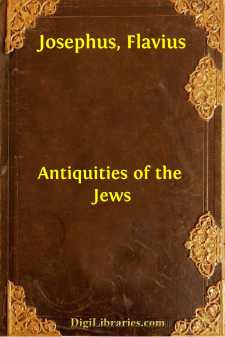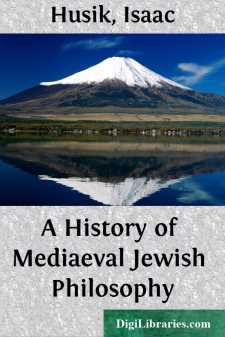Categories
- Antiques & Collectibles 13
- Architecture 36
- Art 48
- Bibles 22
- Biography & Autobiography 816
- Body, Mind & Spirit 145
- Business & Economics 28
- Children's Books 17
- Children's Fiction 14
- Computers 4
- Cooking 94
- Crafts & Hobbies 4
- Drama 346
- Education 58
- Family & Relationships 59
- Fiction 11834
- Foreign Language Study 3
- Games 19
- Gardening 17
- Health & Fitness 34
- History 1378
- House & Home 1
- Humor 147
- Juvenile Fiction 1873
- Juvenile Nonfiction 202
- Language Arts & Disciplines 89
- Law 16
- Literary Collections 686
- Literary Criticism 179
- Mathematics 13
- Medical 41
- Music 40
- Nature 179
- Non-Classifiable 1768
- Performing Arts 7
- Periodicals 1453
- Philosophy 66
- Photography 2
- Poetry 897
- Political Science 203
- Psychology 45
- Reference 154
- Religion 516
- Science 126
- Self-Help 85
- Social Science 82
- Sports & Recreation 34
- Study Aids 3
- Technology & Engineering 59
- Transportation 23
- Travel 463
- True Crime 29
Our website is made possible by displaying online advertisements to our visitors.
Please consider supporting us by disabling your ad blocker.
Jewish Literature and Other Essays
by: Gustav Karpeles
Categories:
Description:
Excerpt
A GLANCE AT JEWISH LITERATURE
In a well-known passage of the Romanzero, rebuking Jewish women for their ignorance of the magnificent golden age of their nation's poetry, Heine used unmeasured terms of condemnation. He was too severe, for the sources from which he drew his own information were of a purely scientific character, necessarily unintelligible to the ordinary reader. The first truly popular presentation of the whole of Jewish literature was made only a few years ago, and could not have existed in Heine's time, as the most valuable treasures of that literature, a veritable Hebrew Pompeii, have been unearthed from the mould and rubbish of the libraries within this century. Investigations of the history of Jewish literature have been possible, then, only during the last fifty years.
But in the course of this half-century, conscientious research has so actively been prosecuted that we can now gain at least a bird's-eye view of the whole course of our literature. Some stretches still lie in shadow, and it is not astonishing that eminent scholars continue to maintain that "there is no such thing as an organic history, a logical development, of the gigantic neo-Hebraic literature"; while such as are acquainted with the results of late research at best concede that Hebrew literature has been permitted to garner a "tender aftermath." Both verdicts are untrue and unfair. Jewish literature has developed organically, and in the course of its evolution it has had its spring-tide as well as its season of decay, this again followed by vigorous rejuvenescence.
Such opinions are part and parcel of the vicissitudes of our literature, in themselves sufficient matter for an interesting book. Strange it certainly is that a people without a home, without a land, living under repression and persecution, could produce so great a literature; stranger still, that it should at first have been preserved and disseminated, then forgotten, or treated with the disdain of prejudice, and finally roused from torpid slumber into robust life by the breath of the modern era. In the neighborhood of twenty-two thousand works are known to us now. Fifty years ago bibliographers were ignorant of the existence of half of these, and in the libraries of Italy, England, and Germany an untold number awaits resurrection.
In fact, our literature has not yet been given a name that recommends itself to universal acceptance. Some have called it "Rabbinical Literature," because during the middle ages every Jew of learning bore the title Rabbi; others, "Neo-Hebraic"; and a third party considers it purely theological. These names are all inadequate. Perhaps the only one sufficiently comprehensive is "Jewish Literature." That embraces, as it should, the aggregate of writings produced by Jews from the earliest days of their history up to the present time, regardless of form, of language, and, in the middle ages at least, of subject-matter.
With this definition in mind, we are able to sketch the whole course of our literature, though in the frame of an essay only in outline....


